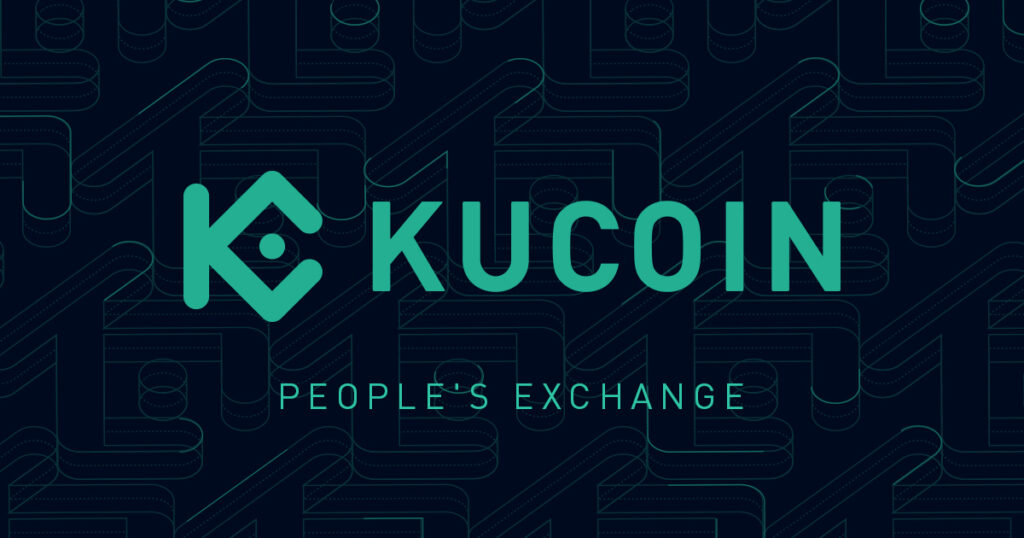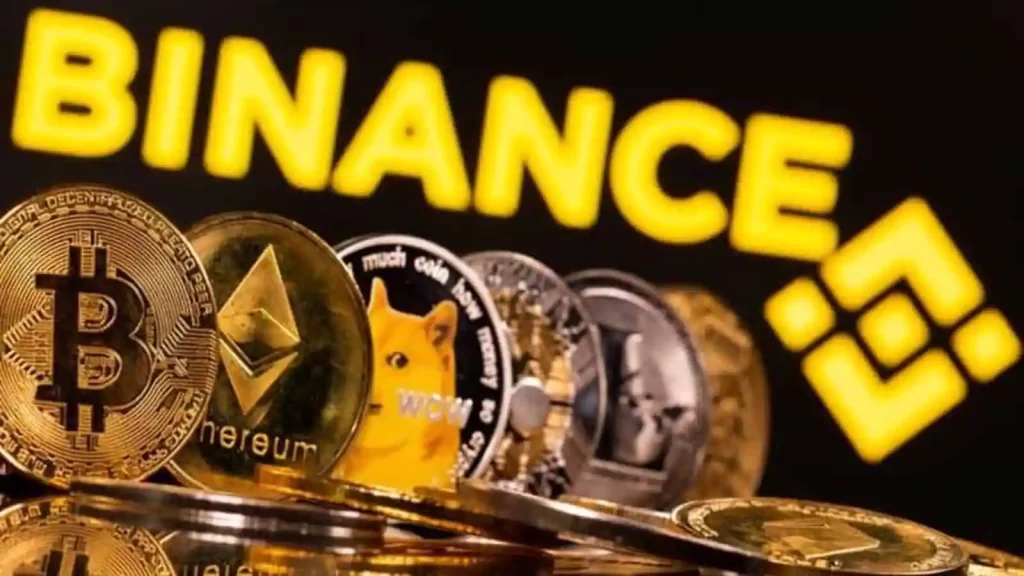US regulators have slapped eIght celebrities with charges for operating an illegal cryptocurrency trading scheme.
In a Securities and Exchange Commission (SEC) press release, stars such as rapper Soulja Boy, actress Lindsay Lohan, and others face charges. According to the statement, they allegedly failed to disclose to social media followers they had been paid to promote TRX and BTT cryptocurrencies.
According to reports, Lohan and boxing superstar Jake Paul have agreed on a settlement.
Additional celebrities involved in the scandal include singer Austin Mahone, rapper Lil’ Yachty, singer Akon, porn actress Kendra Lust, and hip-hop artist Ne-Yo.
The SEC stated: “[It] charged the following eight celebrities for illegally touting TRX and/or BTT without disclosing that they were compensated for doing so and the amount of their compensation.”
SEC authorities also charged cryptocurrency investor Justin Sun with fraud for allegedly manipulating trading for two tokens.
The statement continued: [Sun is accused of] “orchestrating a promotional campaign in which he and his celebrity promoters hid the fact that the celebrities were paid for their tweet.”
It also charges Sun’s companies Tron Foundation Ltd, BitTorrent Foundation Ltd, and Rainberry Inc.
Regulators Crack Down on Superstar Crypto Scheme
SEC chair Gary Gensler said the case demonstrated the “high risk investors face when crypto asset securities are offered and sold without proper disclosure.”
He added: “As alleged, Sun and his companies not only targeted U.S. investors in their unregistered offers and sales, generating millions in illegal proceeds at the expense of investors, but they also coordinated wash trading on an unregistered trading platform to create the misleading appearance of active trading in TRX.
It also accused Sun of convincing investors to buy TRX and BTT with the promotional campaign, according to Gurbir S Grewal, SEC Director of Division of Enforcement.
He concluded: “As alleged in the complaint, Sun and others used an age-old playbook to mislead and harm investors by first offering securities without complying with registration and disclosure requirements and then manipulating the market for those very securities.”
Lohan has paid the SEC $10,000, with an additional $30,000 in fines. Paul has paid over $100,000. The eight people, excluding Soulja Boy and Mahone, have paid a total of over $400,000 in settlements.










